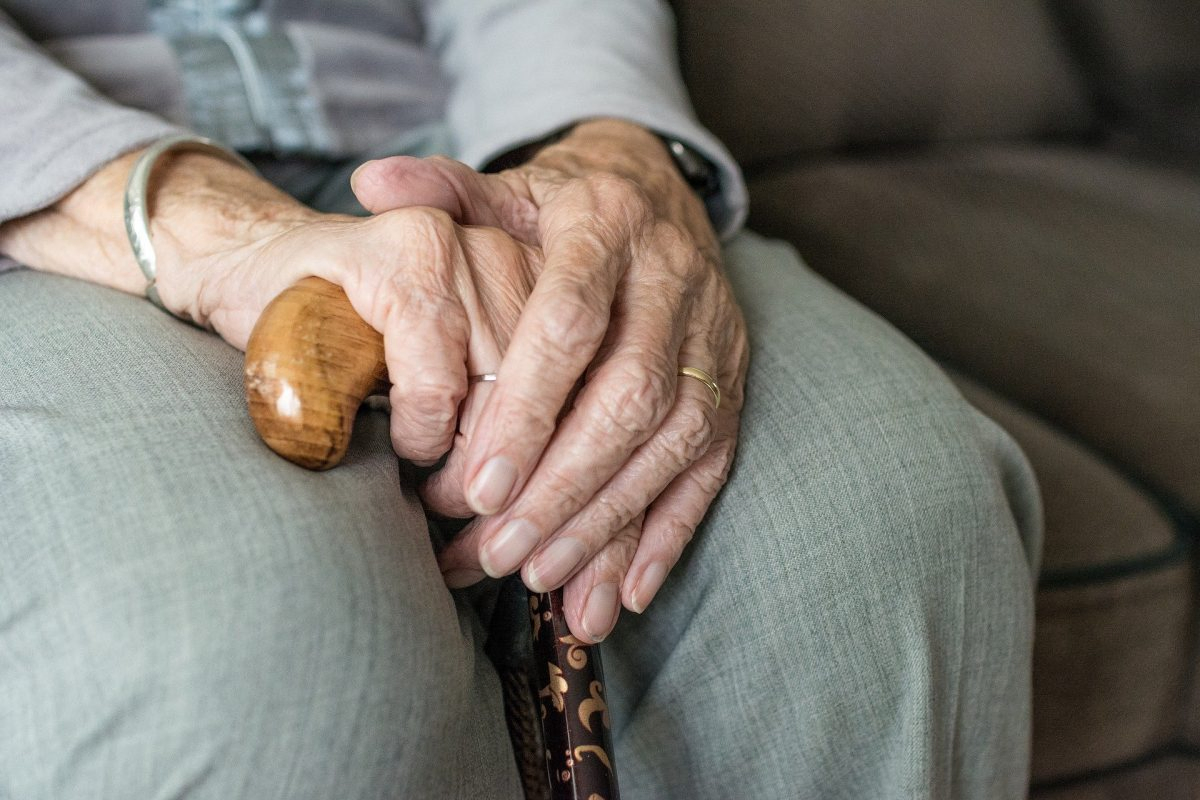Home Health vs Hospice: Who Needs Them?

Although though there is much information available about the benefits of hospice care, many misconceptions still exist which could keep you from seeking hospice care early. This series aims to debunk these myths and provide an accurate picture of how hospice adds life to days.
Myth: Hospice is Only for the Last Days of Life
Debunking the Hospice Myth
Hospice and home health are drastically different. Home health care is designed to help a patient overcome an illness or injury from the comfort of their own home. Anyone with an acute health condition, concerns regarding medications, mobility, or home safety may benefit from home health care.
Hospice is a specialized form of care that adds life to days when you can’t add days to life. It’s a special way of caring for people with terminal illness to ensure the patient experiences a dignified and pain-free death, surrounded by compassion and the best medical, emotional and spiritual support possible.
A care team consisting of a nurse, social worker, certified nursing assistant, chaplain and grief counselor is assigned to your family. With guidance from the hospice team, a plan of care is created based on the end of life wishes and goals of the patient and family. Hospice is a true gift in the form of compassionate care at the end of life, provided where you call home – a private home, nursing home, assisted living facility, hospital or a hospice house, like Unity’s Jack and Engrid Meng Hospice Residence – the only “hospice house” in the region.

In some cases, home health and hospice services can be used simultaneously.
Image by Sabine van Erp from Pixabay
The goal of hospice care is improving quality of life for a patient and their family. The goal is to have the patient live the remainder of their life to the fullest. Hospice care not only addresses a patient’s physical concerns and needs, but it also provides resources for a patient’s emotional, psychological, and spiritual needs as well. Care can take place in a number of different locations, not only in the patient’s home. Therefore, it is not a requirement for a patient to be home-bound in order to be eligible for hospice. Because one of hospice care’s main focuses is comfort, hospice workers can provide up to 24 hours per day of skilled care, whereas home health care providers are not able to do so.
There are benefits to both home health care and hospice care, but these benefits are not the same. They should both be looked at carefully in order to determine the best path for you or your loved one. In some cases, home health and hospice services can be used simultaneously.
Contact Unity 24/7 if you have any questions or if you would like to schedule a free informational visit in your home.
If you found this information helpful, please share it with your network and community.






